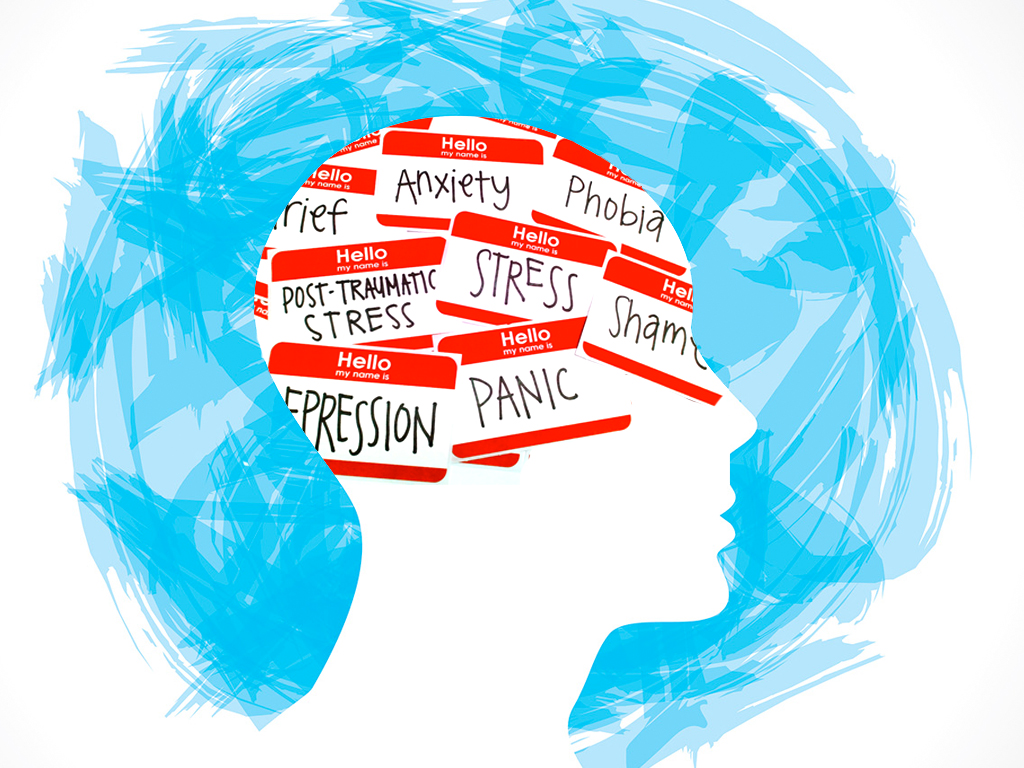One of the wondrous things about our current legal system in the West is the presumption of innocence.
Anyone accused of a crime has the advantage in that they are considered not guilty of the offence in question until the prosecution (called the ‘Crown’ in Canada) establishes otherwise. Even there we see favour towards the defendant. Those who try to pin the illegal action on the alleged perpetrator must prove ‘beyond reasonable doubt’ (for criminal – i.e. not civil – cases) that s/he was indeed behind it.
In Canada the Supreme Court has established that reasonable doubt “falls much closer to absolute certainty than to proof on a balance of probabilities” and “that something less than absolute certainty is required, and that something more than probable guilt is required”. In other words, the bar is high, as it probably should be. This leads to frustration at times, especially when ‘everyone’ knows the guy did it but is acquitted when the state is seen to have failed to convince the judge/jury.
This was not always the case.
The Inquisition was a good example. Those accused of heresy against the Catholic Church were presumed to have carried out blasphemous activities and were ‘encouraged’ to confess to their deeds. A confession led to a ‘light’ sentence: the ‘lucky’ ones who fessed up only received a punishment ranging from a pilgrimage to a whipping.. Those who were innocent, however, and hence not keen to own up to things they had not done were routinely tortured and executed. Wait, let me get this straight. I admit to my ‘crimes’ and I still get whipped?? What kind of ‘justice‘ is this? And as for those who maintain that they did nothing untoward who thinks executing the most likely innocent is a good plan? And we wonder why the Catholic Church has a bad reputation!
Another modern advanced notion is the standard of ‘not criminally responsible’ (NCR). Under this concept (in the province of Ontario at least) the court rules that a person has committed an illegal act but, at the time of commission, was suffering from a serious mental illness that rendered him/her incapable of appreciating the nature, quality and consequences of the act. When a person is found NCR, s/he will be referred to a review board and assessed. Furthermore, if the person in question is deemed unable to understand the nature or consequences of court proceedings the court may find the individual Unfit to Stand Trial and will be ordered to a mental health facility.
What in heaven’s name does this have to do with terrorism? Read on!
A few cases have arisen in which the defence has alleged that an individual on trial for an act of terrorism should instead be found NCR or unfit to stand trial. Note that this strategy has little or nothing to do with the common belief that ALL terrorists must not be in their right mind, i.e. why would a ‘sane’ person resort to terrorism?
In fact, this conviction is wrong. Few terrorists in fact suffer from a serious mental illness. Most are as ‘normal’ as you and I (though my friends Paul Gill and Emily Corner have found some interesting correlations between mental state and lone actor terrorism). Just because we cannot fathom the extent to which a terrorist commits a crime, and often a mass casualty one in the name of a ’cause’, that is not the same as boxing that person as insane.
Still, some acts of terrorism have gone to trial and in the end the perpetrator was found NCR. In March 2016 Ayanle Hassan Ali stabbed several members of the Canadian Forces at a recruitment office in north Toronto, leaving at least two with minor injuries before he was overpowered and subdued. The Crown charged him with three counts of attempted murder, three counts of assault with a weapon, two counts of assault causing bodily harm and one count of carrying a weapon for the purpose of committing an offence, all for the benefit or at the direction of a terror organisation. Slightly more than two years later Ali was acquitted of terror-related charges and found not criminally responsible for lesser offences due to mental illness.
A more recent case, this time in Norway, has raised the same issues.
On October 14 of this year a 37-year old Danish-Norwegian convert to Islam, Espen Andersen Braathen, killed four women and a man and wounded two others with a bow and arrow in Kongberg, southwest of the capital city of Oslo. It turned out that the man was known for his ‘radical views‘ to the PST, the Norwegian counterpart to my former organisation CSIS (Canadian Security Intelligence Service).
A few days later, however, police issued a statement in which they said that “illness appears to be the most probable hypothesis in terms of motive,” and that the suspect was being held in a medical facility pending psychiatric evaluation and “a full judicial observation” into his mental state. Some were critical at the alacrity with which the suspect was originally labeled a terrorist, with hints of ‘Islamophobia‘ thrown in. Note that the attack brought back uncomfortable memories for me: I had labelled the 2011 Anders Breivik massacre in Oslo and Utoya an Islamist one when it was nothing of the sort (Breivik was a weird combo of fascist-neoNazi-anti Liberal-Teutonic Knight). NB in fairness I was pressured to write something immediately despite a paucity of data. Not that this excuses my analytic error, but…
The question I wish to ask in this blog is this: are mental illness and violent extremism necessarily mutually exclusive? Can an individual suffer from some kind of psychological disorder and still be a terrorist? I’d like to provisionally say – yes. Bear with me.
Most ideologies underpinning terrorist movements and causes are not rocket science.
They tend to take the following formula
- I am part of ________ (ISIS, Combat 18, the LTTE…) which is vastly superior to anything else _____ (Jews, Muslims, non-Muslims, immigrants…) and I am ________ (divinely, morally…) authorised to use deadly violence to achieve my _____ (independence, authoritarian, majoritarian, racist…) goals
How complicated is that? Not very, which accounts for why just about anyone, from a post-doctoral graduate to an elementary school dropout, can elect to sign up. If I am correct in this, it stands to reason that a person with a mild, or perhaps even serious, mental illness can carry out a serious act of violence we would classify as terrorism (based on ideological, political or religious motivations – as per the Canadian Criminal Code section 83.01). There is simply nothing really complicated to internalise and decide to act on.
Please know that I am NOT suggesting that the mentally ill should be found guilty of their acts: NCR IS NCR after all. I am merely stating that one can be both a terrorist and a sick person at the same time. This is important as we continue to understand terrorism and seek to differentiate some acts of serious violence which are not terrorism from those that do have an ideological intent. The stabbings in Norway may indeed still constitute such an act. That the individual in question was known to the PST is a good indication of that (in my years at CSIS we came across such cases periodically but as we were not mental health care professionals we sought more appropriate interventions when necessary). The Norwegian security service knows a lot about Islamist terrorism after all: it was one of my preferred interlocutors during my time as a senior strategic terrorism analyst at CSIS. If it believed Braathen was ‘radicalised‘ in keeping with Islamist terrorism that is good enough for me!
In the end we should not be so fast to dismiss the juxtaposition between terrorism and mental disorder. Terrorist groups themselves don’t seem to care: they claim ANYTHING that they see advancing their ’cause’ and may even target the vulnerable to carry out these acts.
I may be going too far here but it does worry me that there is a tendency to dismiss acts of terrorism as merely the actions of those who are incapable of understanding their use of violence. If we conclude that most such incidents are only the products of mental illness we fail to see the extent to which terrorism – whether it is Islamist, far right or whatever brand – actually occurs in our societies. No, it is not all pervasive but yes it is real.
The bottom line is that terrorists come in all shapes and sizes. We should know by now that creating a ‘profile’ is useless. That applies to mental states as well.
Read More About Mental Illness and Terrorism
Is it time to revisit the mental illness/terrorism nexus?
Episode 126 – Research has shown that most terrorists are as ‘normal’ as you or me. But are they?

December 22, 2014: Van attack targets Christmas market in France
On December 22, 2014 a man ran over ten pedestrians at a Christmas market in the French city of Nantes, before attempting to stab himself to death.

Are mental illness and terrorism mutually exclusive?
Are mental illness and violent extremism necessarily mutually exclusive? Can an individual suffer from some kind of psychological disorder and still be a terrorist?
